Consultation participants agree local government is essential for democratic governance, effective service delivery
A consultation held by the Human Rights Commission of Pakistan in Lahore on Thursday. — HUMAN RIGHTS COMMISSION OF PAKISTAN X
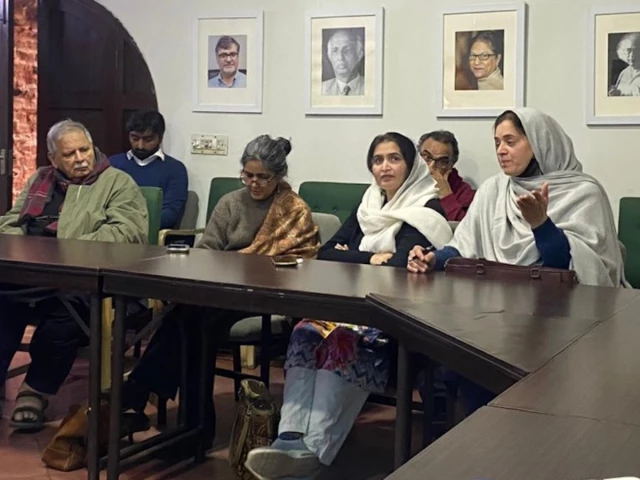
Consultation participants agree local government is essential for democratic governance, effective service delivery
A consultation held by the Human Rights Commission of Pakistan in Lahore on Thursday. — HUMAN RIGHTS COMMISSION OF PAKISTAN X
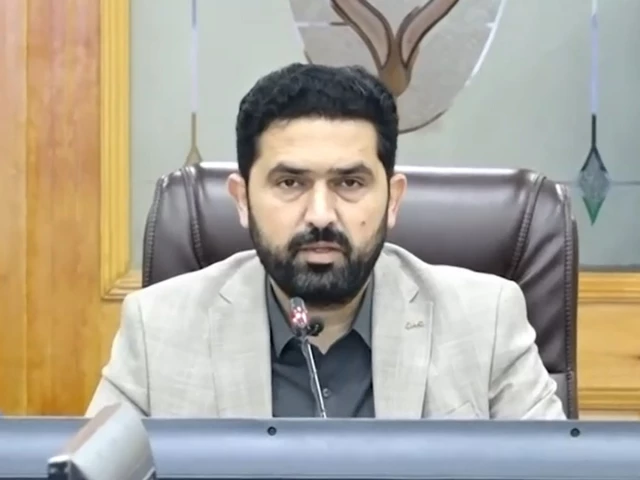
Afridi calls for involvement of tribal elders, political leaders, in decisions regarding military operations
K-P CM Sohail Afridi. Photo: Screengrab
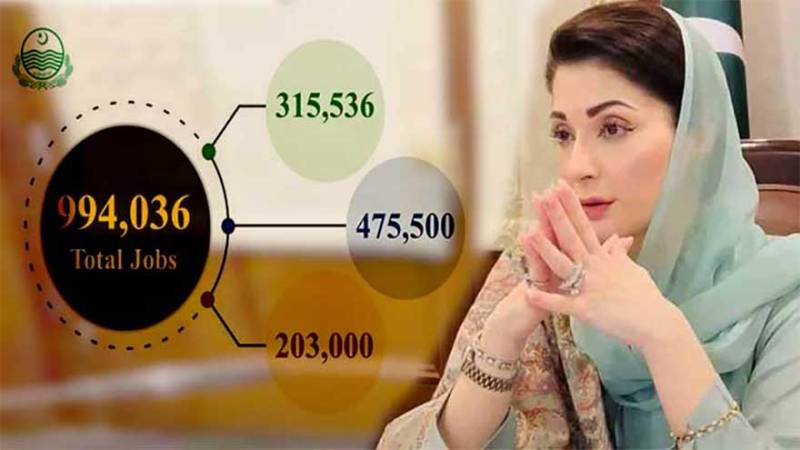
Punjab Chief Minister Maryam Nawaz Sharif announced that nearly one million jobs and employment opportunities have been created across the province since February 2024. In a statement shared on her official X account, she said a total of 994,036…
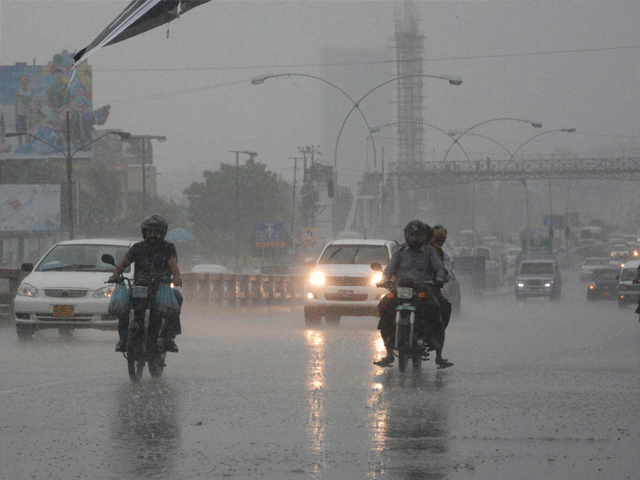
Authorities caution ongoing weather system can trigger flash flooding in local streams across upper K-P, GB, AJK
The mercury dropped further in Lahore…
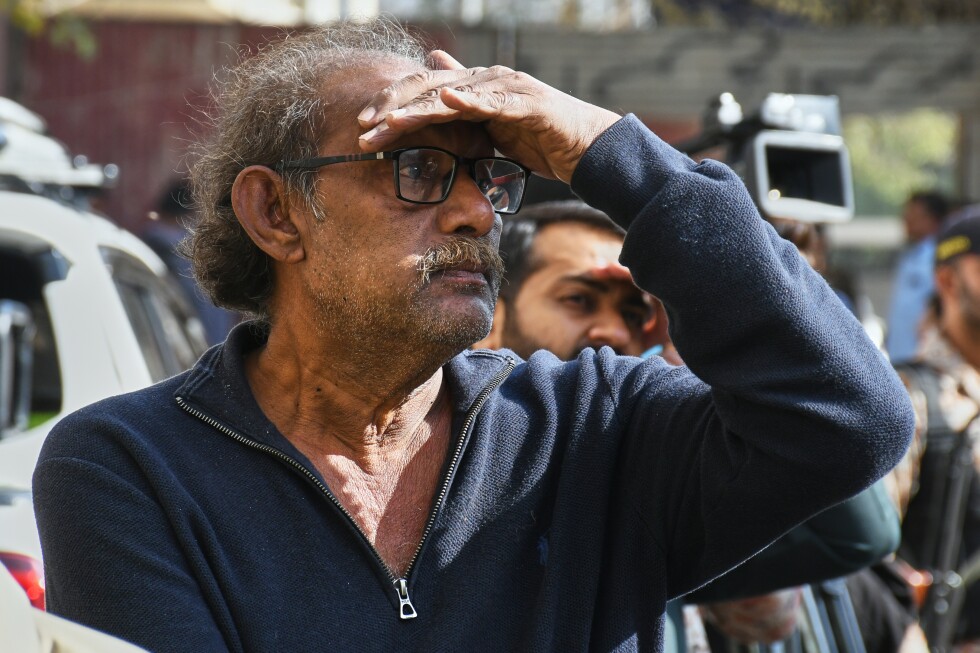
KARACHI, Pakistan (AP) — The death toll from a devastating fire at a shopping plaza in Pakistan’s southern port city of Karachi jumped to 67 on Thursday after police and a hospital official confirmed…

Pakistan Prime Minister Shehbaz Sharif joined a group of world leaders in Davos, Switzerland, to sign the charter for US President Donald Trump’s ‘Board of Peace’ for Gaza, and touted it as a significant diplomatic move.
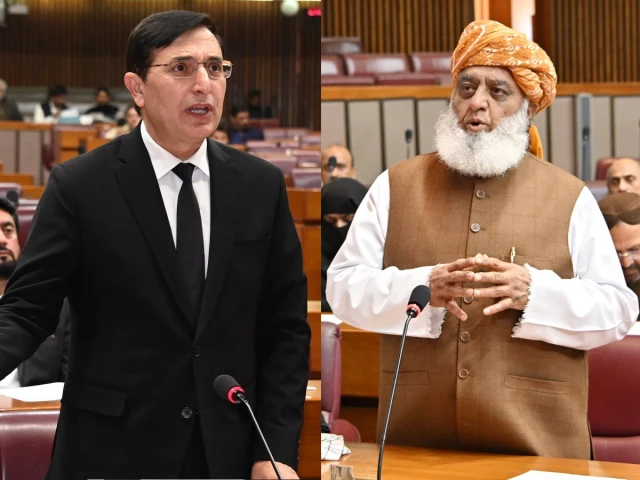
Fazl claims Pakistan’s policies are being shaped by global pressure; Tariq Fazal defends move
A collage shows PTI Chairman Barrister Gohar Ali Khan and JUI-F chief Maulana Fazlur Rehman. Facebook/ File
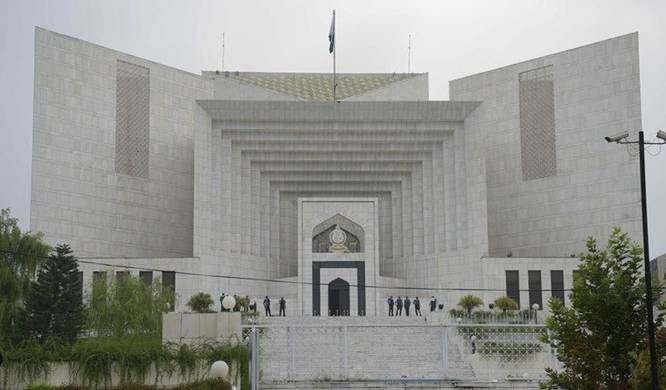
Supreme Court of Pakistan has upheld the life imprisonment sentences of six convicts in a case involving the murder of five people in Qasur, dismissing their appeals as well as a plea by the complainant seeking enhancement of…